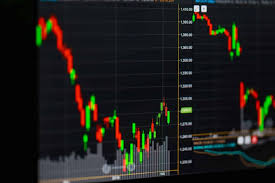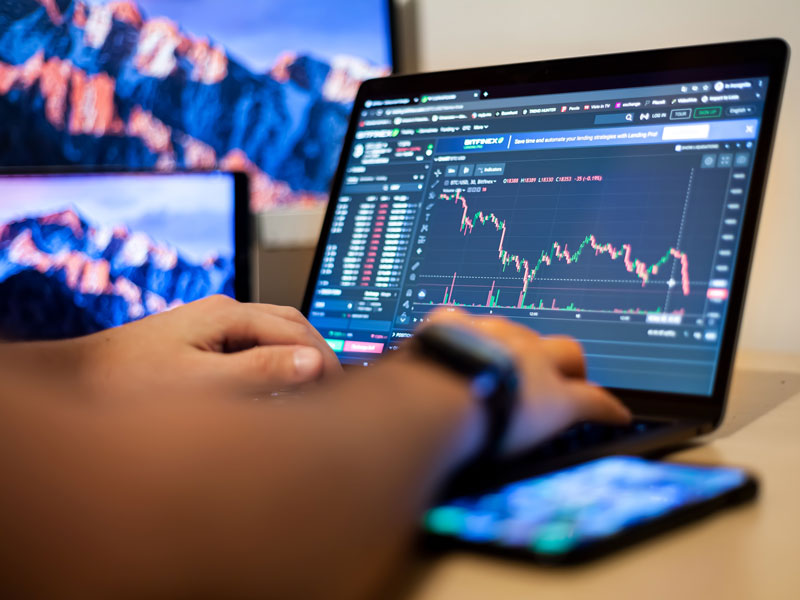
Mastering Forex Trading: Strategies, Tips, and Market Insights
Forex trading has become a prominent way for individuals to participate in the global financial markets. With the advent of online trading platforms, anyone with an internet connection can now engage in buying and selling currency pairs. In this article, we will delve into the key aspects of Forex trading, explore various strategies, and uncover tips that can help both beginners and experienced traders alike. For those looking for an online trading community and resources, forex trading acev.io is a great place to start.
Understanding the Forex Market
The Forex market, or foreign exchange market, is the largest and most liquid financial market in the world. Every day, trillions of dollars are exchanged as currencies are bought and sold. Unlike stock markets that have specific trading hours, the Forex market operates 24 hours a day, five days a week, allowing traders from all over the world to participate around the clock.
The primary purpose of the Forex market is to facilitate international trade and investment by enabling currency conversion. For instance, if a U.S. company wants to import goods from Europe, it will need to purchase euros using U.S. dollars. This demand for different currencies leads to fluctuations in exchange rates, which traders aim to capitalize on.
The Basics of Forex Trading
Forex trading involves understanding a few fundamental concepts:
- Currency Pairs: Currencies are traded in pairs (e.g., EUR/USD, GBP/JPY), which indicate the value of one currency relative to another.
- Pips: A pip (percentage in point) is the smallest price movement in a currency pair. For most pairs, a pip is equivalent to 0.0001.
- Leverage: Leverage allows traders to control larger positions with a smaller amount of capital. While this can amplify profits, it can also increase risks.
- Spread: This is the difference between the bid price (selling) and the ask price (buying) of a currency pair. Brokers often earn money through this spread.
Strategies for Successful Forex Trading
Adopting a robust trading strategy is essential for success in Forex trading. Here are several popular strategies used by traders:
1. Scalping
Scalping is a short-term trading strategy that aims to make small profits from numerous trades throughout the day. Scalpers typically hold positions for seconds to minutes, focusing on minute price movements. This strategy requires precise execution and quick decision-making.
2. Day Trading
Day trading involves buying and selling currency pairs within the same trading day. Day traders look for short-term trends and are often influenced by news releases and market sentiment. Positions are closed before the market closes to avoid overnight risks.
3. Swing Trading
Swing trading is a medium-term strategy where traders hold positions for several days to capture price swings. This approach requires a good understanding of technical analysis and price patterns.

4. Position Trading
Position trading is a long-term strategy where traders hold onto positions for weeks, months, or even years. This strategy relies on fundamental analysis and macroeconomic indicators to identify profitable opportunities.
Essential Tips for Beginner Forex Traders
For those just starting in Forex trading, here are some essential tips to help navigate the complexities of the market:
- Educate Yourself: Invest time in learning about the Forex market, trading strategies, and risk management. Many online resources and courses can provide valuable knowledge.
- Practice with a Demo Account: Most brokers offer demo accounts where traders can practice trading with virtual funds, allowing them to refine their strategies without risking real money.
- Set Realistic Goals: Understand that Forex trading is not a get-rich-quick scheme. Set achievable goals and be prepared for both winning and losing trades.
- Manage Your Risk: Never risk more than you can afford to lose. Use proper risk management techniques such as setting stop-loss orders to protect your capital.
- Stay Informed: Keep up with economic news and events that may impact currency markets. Economic indicators, central bank decisions, and geopolitical events can create volatility.
Technical Analysis in Forex Trading
Technical analysis involves analyzing price charts and using various tools to predict future price movements. Here are some tools that traders commonly use:
1. Chart Patterns
Chart patterns, such as head and shoulders, triangles, and flags, can indicate potential reversal or continuation of trends.
2. Indicators
Indicators like Moving Averages, Relative Strength Index (RSI), and Bollinger Bands help traders gauge market momentum and identify entry and exit points.
3. Support and Resistance Levels
Identifying key support and resistance levels can help traders make informed decisions about entry and exit points.
Fundamental Analysis in Forex Trading
While technical analysis focuses on price movements, fundamental analysis examines economic indicators, interest rates, and geopolitical events to forecast currency value changes. Key indicators include:
- Gross Domestic Product (GDP): Measures the economic performance of a country.
- Employment Data: Non-farm payroll (NFP) reports provide insights into the health of the job market.
- Inflation Rates: High inflation can erode purchasing power, impacting currency value.
- Interest Rates: Central banks adjust interest rates to control inflation and maintain economic stability.
Conclusion
Forex trading can offer significant opportunities for profit, but it also comes with substantial risks. By understanding the market, adopting effective trading strategies, and committing to continuous education, traders can improve their chances of success. Whether you are a beginner or an experienced trader, the world of Forex trading requires resilience, patience, and a willingness to learn. Remember, each trade is a learning opportunity.
Ultimately, developing a personalized trading plan that aligns with your goals and risk tolerance is crucial. Armed with knowledge, technical skills, and a sound strategy, you can navigate the Forex market and work towards achieving financial independence.